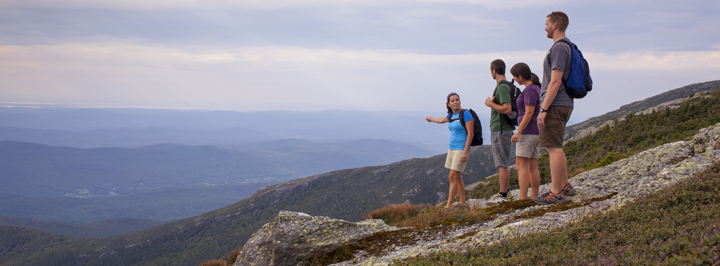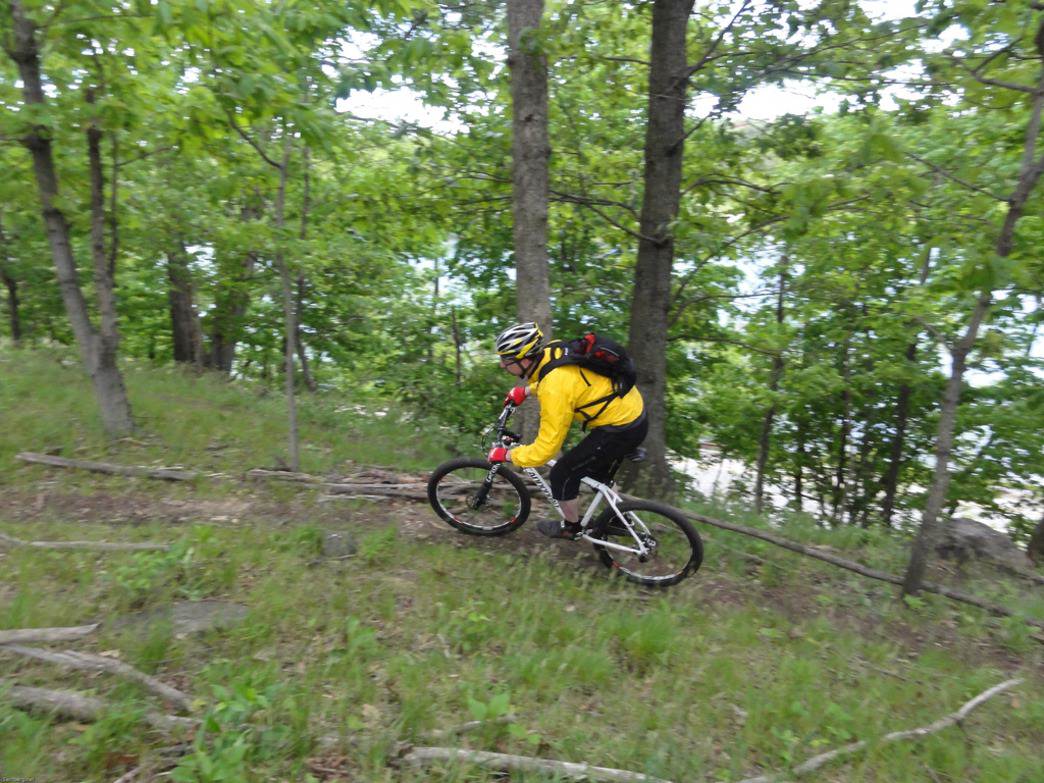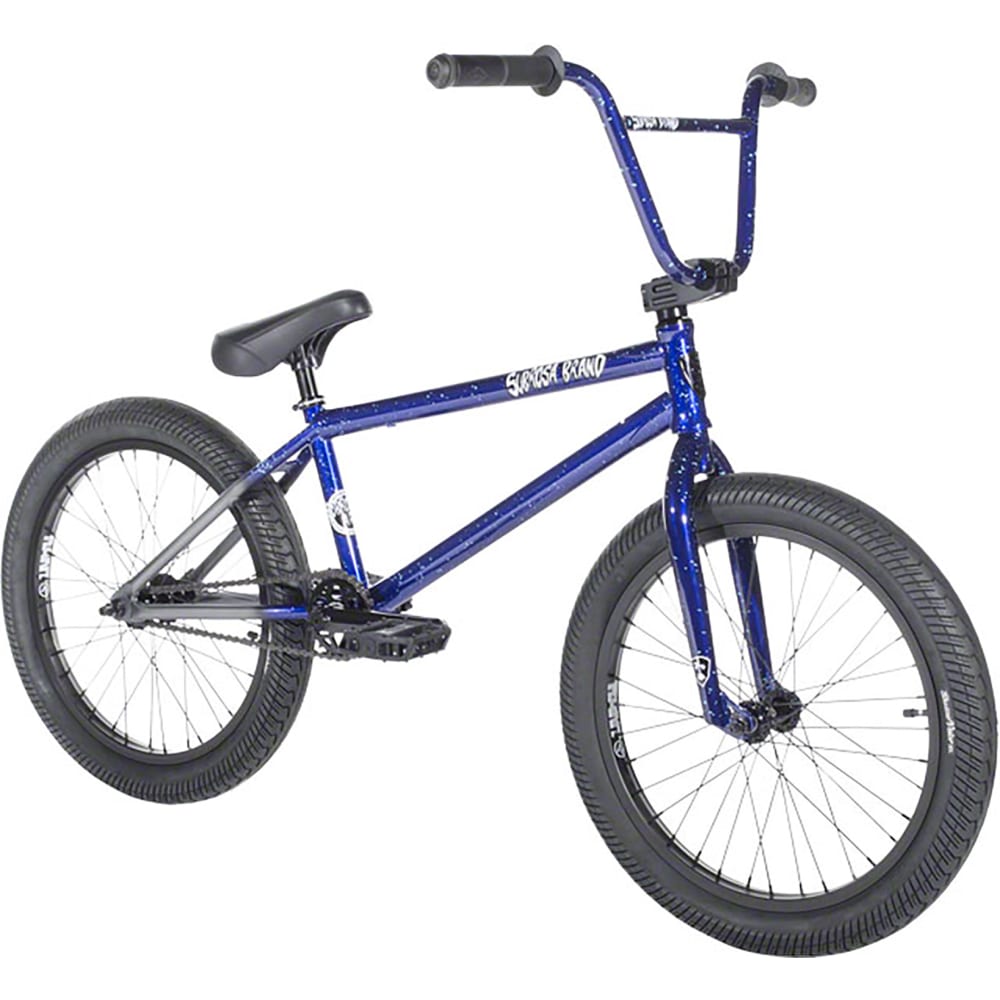
Backcountry snowboarding can be a rewarding and fulfilling sport. However, it is a bit more dangerous than resort ski. You'll need to learn how to read the snow, use gear safely, and be aware of avalanche danger. Here are some tips and tricks to help you get started.
Before you go, you should take an avalanche safety course. You will learn about the dangers and how to choose a safe place to board, how you can read snow, how to make splints out of branches, and what to do if you get snared by an avalanche. You'll also learn about wilderness first aid and how to choose the right gear for the right situation. A shovel, an avalanche transceiver and a probe are all essential.
If you're new to backcountry snowboarding, it's best to start out small. Start small and keep your distance. You will eventually be able to take your first hits and have fun.

Guides are indispensable when you travel in the backcountry. They can help you find safe routes and keep you and others safe. A guide will also be able to help you avoid dangerous places like cliffs. A guide can also show you how to use avalanche transceivers and snowshoes. If you don't have a guide, you should practice with a buddy. As you won’t be alone, this will help you build trust.
You should get out riding regularly after you've started. The more you ride, you'll be more prepared for the backcountry. Even if your goal is to snowboard off-piste only, it's still important to get some practice before you go into the backcountry. If you want to get the most out of your trip, be sure to practice on both the slopes and the powder.
A course in avalanche safety is a must if you plan to venture into the backcountry. You can find a course at your local ski resort or an outdoor club. You should take one every two years. This will teach you how to use your avalanche radio, which you will use in the backcountry. It's a good idea to practice CPR with your companion. It is also a good idea NOT to bring empty bottles.
Take care to review the snow conditions before you travel on a backcountry skiing trip. Be aware of avalanche warnings. However, you should also check the area for safety. You might need a buddy for picking ungroomed lands, so make sure to bring a shovel with you and an avalanche transceiver.

Backcountry snowboarding can be difficult for some people. A guide is a good idea if you don’t have the experience or skills. Even if the guide is experienced, it can still be dangerous to go off-piste. When the snow is heavy and wet, it's crucial to be cautious.
FAQ
Who participates in the extreme?
People of all ages and abilities participate in extreme sports. Extreme sports appeal to children just as much as it does to adults.
Younger kids can play games like dodgeball, tag, and capture the flag. Older children may join teams to compete with others.
Adults are able to participate in both individual and team sports. There are many ways to find a group to play in.
You will likely need to ask someone familiar with the process to help you start.
What should kids do if they want to take part in extreme sports.
The answer depends on whether you discuss sports as a whole or individual sporting activity. They should attempt all sports activities. However, if we're talking about specific types of sport (i.e., skiing), this would depend on what kind of skiing they want. Some people like extreme sports, such as bungee-jumping, while others prefer the more gentle downhill skiing. It also depends upon how risky the activity is. Skydiving is not something that someone who enjoys bungee jumping would enjoy if they were afraid of heights.
What companies are most likely to sponsor extreme sports?
Sponsoring extreme sports events, like BMX racing, skating, and snowboard competitions, is a lucrative business venture that often involves large corporations. They are also active in the communities they serve. Coca-Cola sponsors many sports events and other activities in North America. The company also sponsors youth programs and camps at the national and local levels. Coke sponsors the annual Coca-Cola Rock N' Roll Marathon in New York City. The event attracts around 100,000 runners from all parts of the globe.
What are extreme sports?
Extreme sports include skydiving (bungee jumping), paragliding, skydiving, skydiving, hang gliding and snowboarding.
They're popular because they let people experience adrenaline-pumping thrills while not putting themselves in danger.
Participating in these extreme sports often regard as fun challenges rather than dangerous activities.
The most common extreme sport is skiing. Although skiing has been around for thousands years, it wasn't until the early 1900s when it was recognized as a major form of winter recreation.
Skiing is one of today's fastest-growing sport, with over 4 million people participating each year.
What skills do I need for extreme sports?
Practice every day in order for you to excel at any extreme sport.
Practice includes learning new moves and tricks. You will improve your performance by doing this.
You must also master basic safety rules before trying anything new.
For example, helmets should always be worn. Keep your distance from others.
A spotter is essential for any stunt. During your stunt, you will need a spotter to keep an eye on you.
Statistics
- According to the United States Parachuting Association, about 21 people die yearly from skydiving. (livehealthy.chron.com)
- Nearly 40% of all mountain bikers have at least graduated from college. (momsteam.com)
- Nearly 30% of all boardsailors live in the South, and more than 55% of all boardsailors live in cities with a population of more than two million people (momsteam.com)
- Approximately 50% of all wakeboarders have been participating in the sport for 1-3 years. (momsteam.com)
- Overall participation has grown by more than 60% since 1998 - from 5.9 million in 1998 to 9.6 million in 2004 Artificial Wall Climbing. (momsteam.com)
External Links
How To
How can you master parkour skills?
Parkour is a running technique that allows people to run over obstacles like walls, buildings, fences and trees. It's a very popular sport, with millions participating around the world. Parkour comes in many forms, including freestyle and wall climbing, as well as urban exploration, rescue, escape, urban combat and other.
A fitness activity is one that enhances your physical and mental health. You can exercise at the gym, do cardio exercises, or just go for a walk. Parkour is considered an athletic sport since it requires athletes who can use their body strength, speed balance, coordination, agility, and coordination.
Here are some tips and tricks for those who wish to learn parkour.
-
Avoid places with stairs or other hazards. Flat ground is best, so avoid hills. However, if you have the ability to climb up a tree then do so.
-
Wear proper footwear, like shoes made from rubber or leather. If you aren't sure which shoe is best for you, you can try all of them and find the ones that feel right. The right shoes are crucial for a successful parkour session.
-
Bring water bottles and snacks to keep yourself hydrated during practice sessions.
-
Before you begin a parkour lesson, it is important to warm up. This means warming up your muscles and getting ready to go. Slowly increase intensity until you feel your muscles are fully warm.
-
When jumping, don't rely on your legs or arms too much. Instead, you should focus on your core and back muscles to jump over obstacles.
-
Don't push yourself too much; take breaks every once in a while. This will help you recover from your workout without getting hurt.
-
While practicing parkour, listen to music. Music helps you relax, concentrate better, and makes it easier to focus.
-
Stretch your muscles to prevent any injuries after each session.
-
When you are exercising in public, make sure to keep your hands clean. This will ensure that you don't cause harm to anyone else.
-
You can track your progress by writing down your performance in an journal. This way, you'll always remember your strengths and weaknesses.
-
Parkour is fun! You should enjoy the process, and not let fear of falling hold your back. Take a step back if you do fall.
-
Learn new tricks and techniques every day.
-
Be sure to eat healthy meals. A diet high in protein will help you gain muscle mass faster.
-
Look for a mentor. Mentors can teach you certain moves and offer advice on how to improve your skills.
-
Ask questions! It's a joy to help fellow enthusiasts learn new things. Ask!
-
Practice makes perfect. Get out there and train as often as you can.
-
Have fun!
-
And last but not least, stay safe!